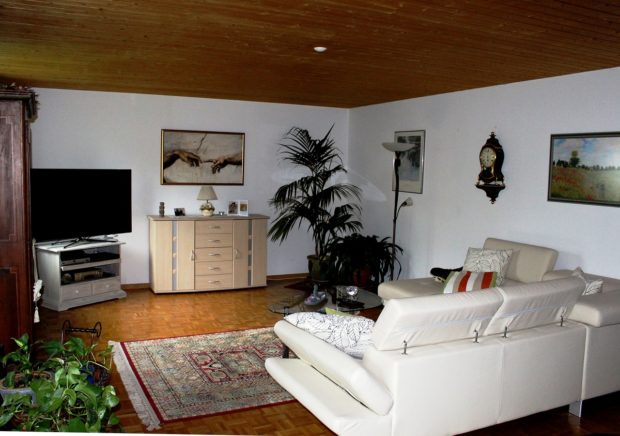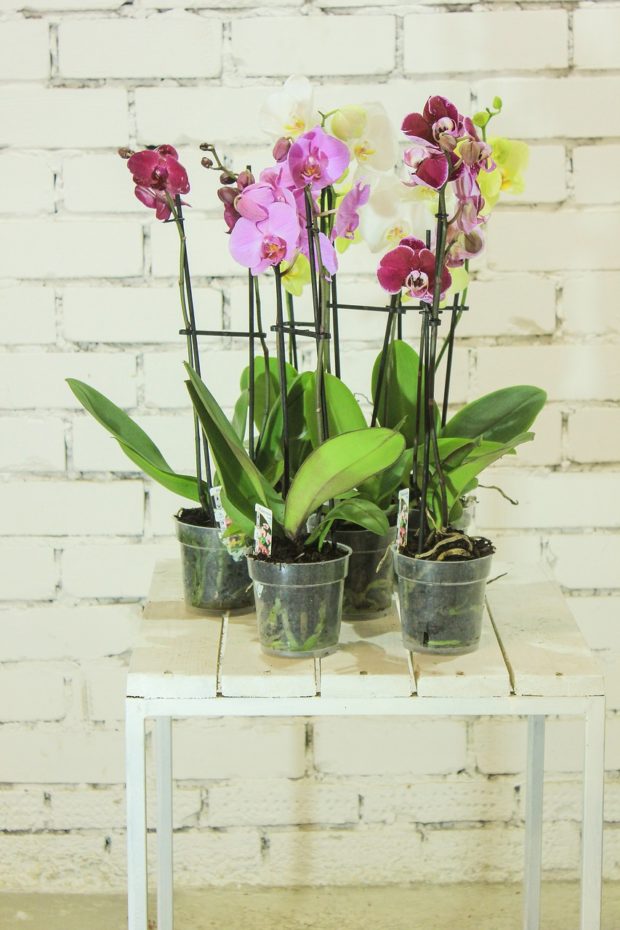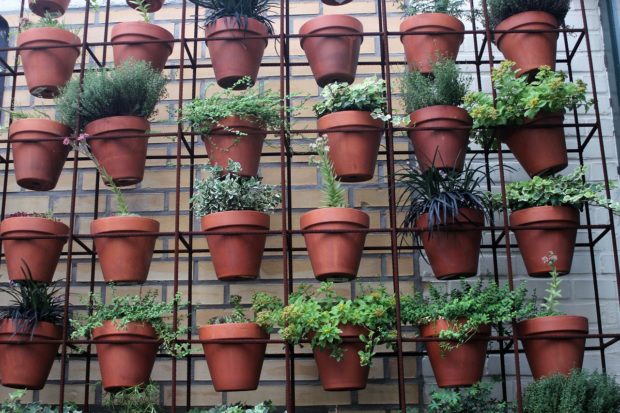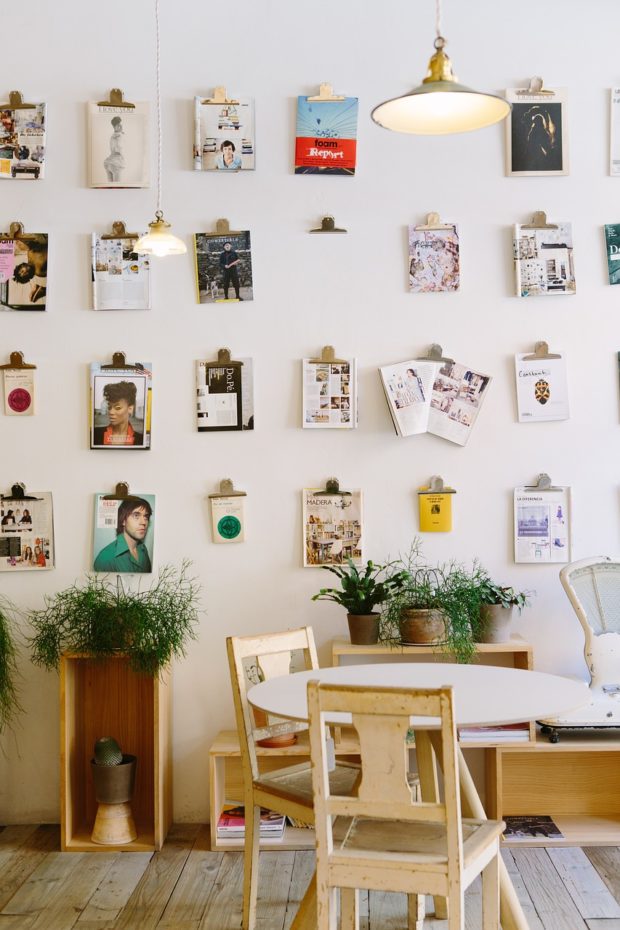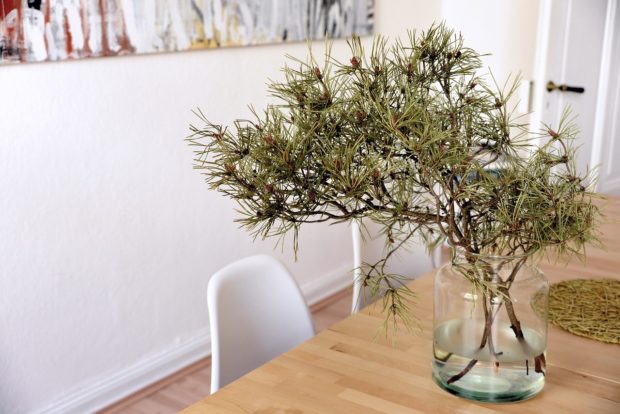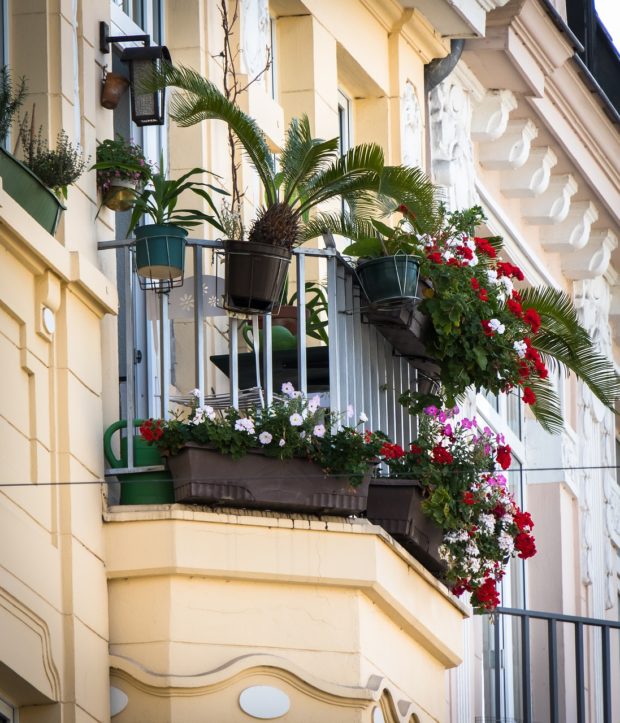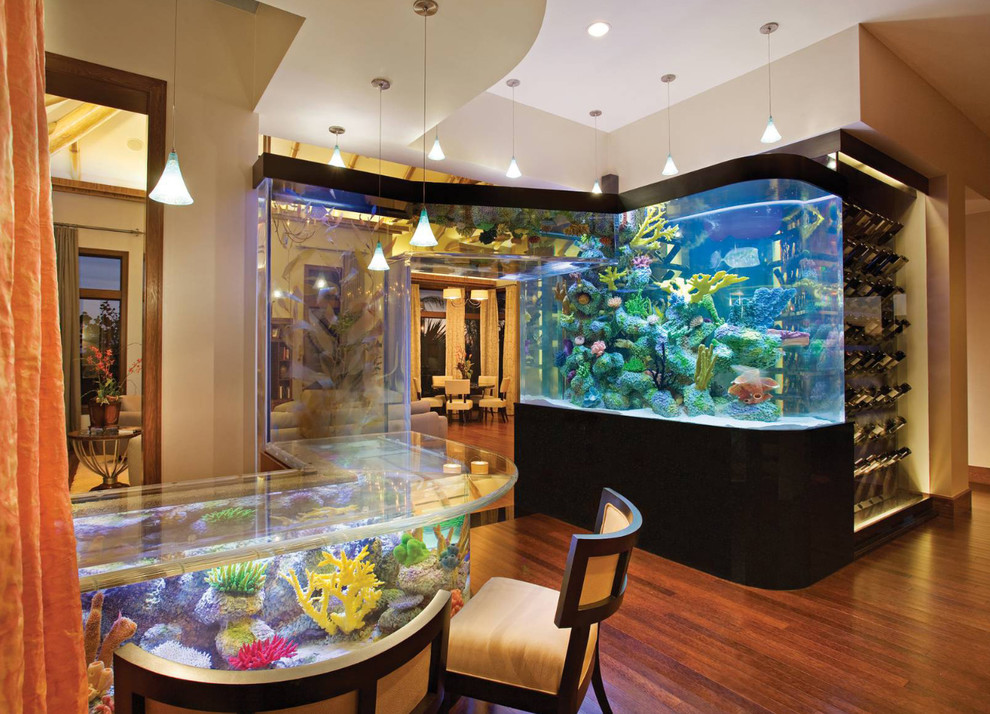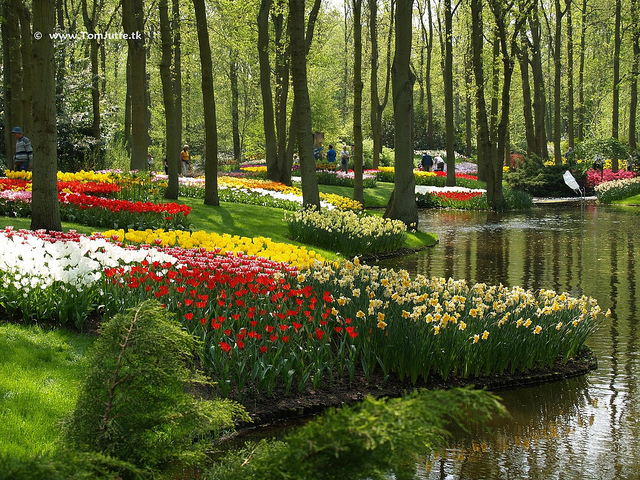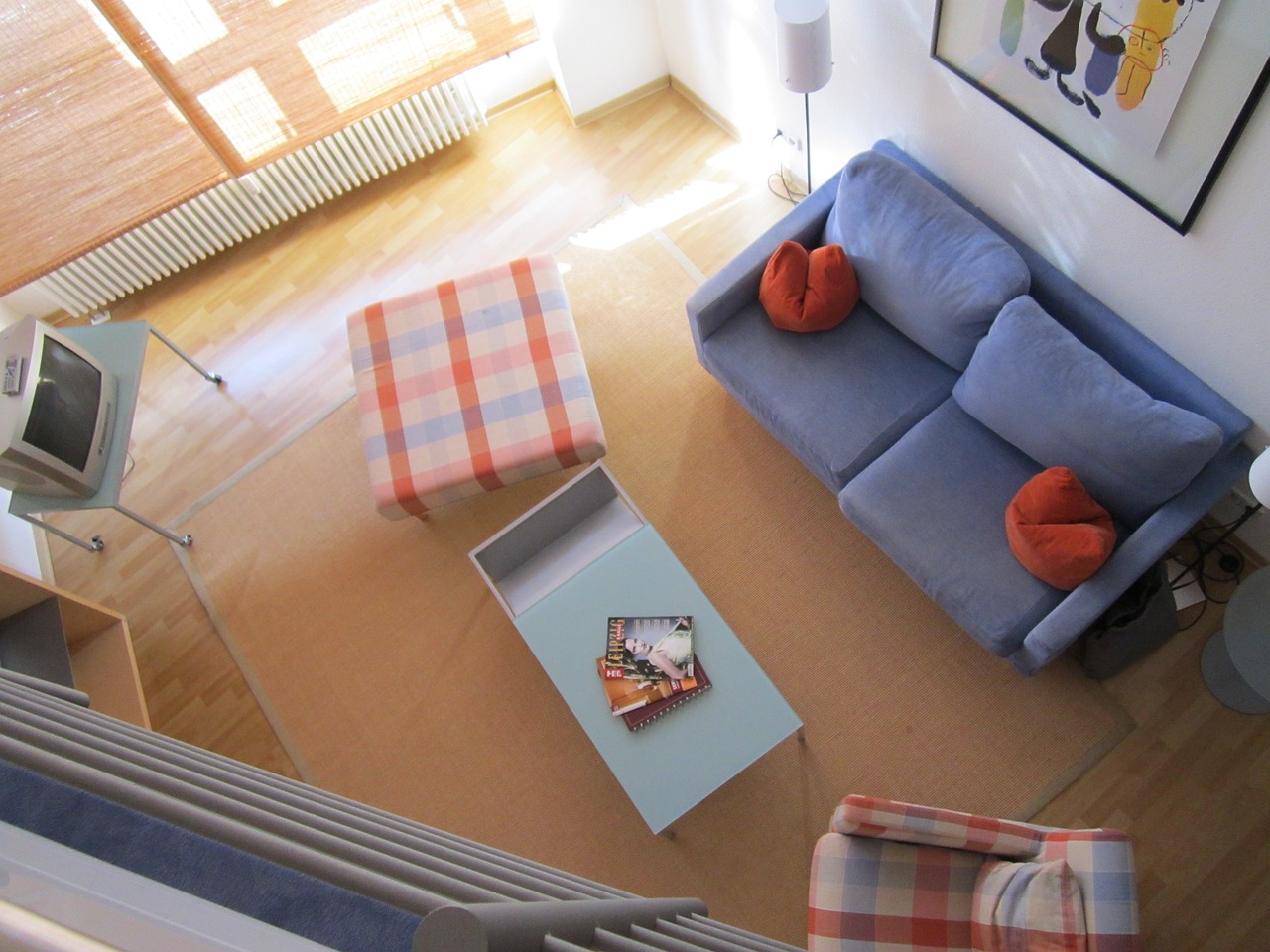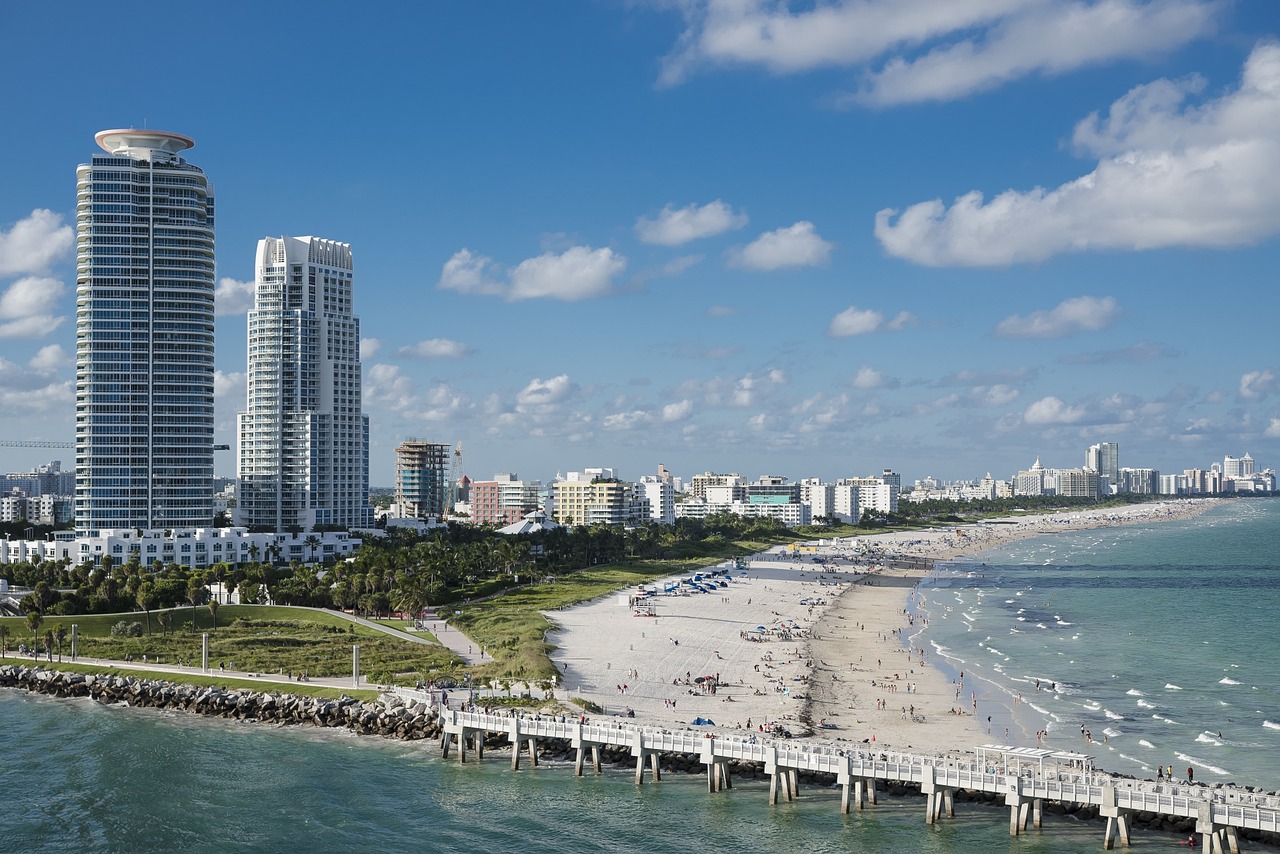While most of us dream of owning a large property with a never-ending garden, this simply isn’t a reality when you’re living in a congested metropolitan area, where green space comes at a high cost. Thus, many city dwellers end up inhabiting small homes with little to no outdoor space. To all those city men and women, Toyin-Ann Yerifor, an Architectural Consultant based in Calgary, Alberta, urges you to consider a more economical yet highly effective alternative: bringing the outdoors in! You have to work with what you got and saying goodbye to greenery just because you don’t have a backyard is not the answer, especially when you consider the economic, environmental, and even psychological effects that green space can have on a person. From growing an indoor edible garden to maximizing vertical space, check out Yerifor’s tips on the best ways to bring greenery into your urban home.
Grown An Edible Garden
Do your mind, wallet, and the environment a favour by growing your own edible garden. All you need is a home that gets some sun and voila – an array of fruit, vegetables, and herbs can be yours! Tomatoes, lemons, lettuce, arugula, kale, microgreens, chives, basil, rosemary, dill, mint, and much more, can all be grown indoors if you have the right pot. Tomatoes require a deeper pot, whereas leafy greens such as lettuce can grow in shallow planters like window boxes. If you want to add a little green space to your home, there’s almost nothing more beneficial than creating your own kitchen garden.
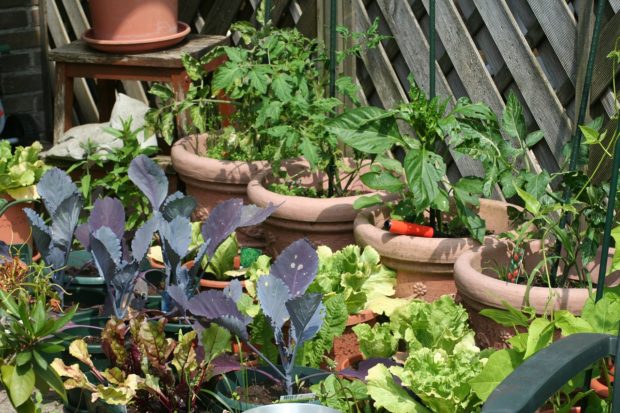
Invest In A Large Houseplant
Large houseplants that grow over five feet tall are a fabulous, easy way of instantly working a natural element into your home, which is why Toyin-Ann Yerifor recommends that each household has at least one. Not only are they proven to improve air quality by removing various pollutants, gases, and particles from the air, but their ample size and contrasting texture creates a lush feel that gives the illusion of a larger space, which is especially beneficial for smaller urban homes. Common houseplants range from yuccas, palms, and monstera to bamboo, ficuses, and birds of paradise.
Put Colourful Flowering Plants On Display
Adding colourful flowering plants to your home is an excellent way of creating green space. The more vibrant they are, the more eye-catching they’ll be, which means you’ll never fail to notice this addition of nature. Certain colours have been proven to enhance one’s mood, so where possible, Toyin-Ann Yerifor suggests placing bright, bold plants front and centre, such as on a kitchen table or coffee table. Orchids, kalanchoes, African violets, geraniums, poinsettias, and impatiens are great options that will all add a splash of colour to your home.
Utilize Vertical Space
When you’re working with a limited amount of square footage, you might feel like there is no room for plants. If this is the case, Architectural Consultant Toyin-Ann Yerifor urges you to consider thinking vertically. There are a multitude of unique ways to incorporate plants into interior design that do not impose on the limited tabletop, windowsill, floor, or counter space that exists. Mounting tension rods, using macramé hangers, placing potted plants on a high-up bookshelf, or anchoring a hanging terrarium in the ceiling are all ways of integrating greenery into your home without sacrificing precious storage space. If suspended greenery isn’t an option, consider potted plants that are known to grow upwards versus outwards. If you have a spare wall, another option is to create a wall of succulents or foliage. These can be designed using a wire grid with S-hooks or can be bought pre-made from online retailers like Etsy or from home decor stores such as Pottery Barn.
Incorporate Plants Through Wall Art
When incorporating green space into a home, Toyin-Ann Yerifor recommends approaching it from a new perspective. Rather than getting bogged down with the details, such as the type of plant you wish to buy or the best corner to put the planter, think of your future green space as a form of wall art. Artwork made of hanging plants and flowers, either dried or living, is a simple and effective way of adding a touch of nature to any space. For example, affixing air plants to string art or succulents to macramé wall hangings are attractive methods of creating a third dimension to art and of including greenery without compromising square footage. If this isn’t possible, studies have shown that simply adding the colour green into an interior design can help promote wellness, so perhaps consider a new painting with a green colour palette or hanging a framed photograph or painting depicting nature.
Use Fronds or Branches As Decorations
In urban homes where size is an issue, there’s always the option to incorporate just a hint of green space in the form of a frond or branch. If you’re hesitant about caring for a living thing or want to test out adding greenery before you dive right in, Toyin-Ann Yerifor claims there’s no better place to start than with the addition of something small. A palm frond here or a eucalyptus branch there will help to create a chic, modern design while simultaneously creating a bit of plant beauty.
Maximize the Existing Outdoor Space
As we all know, green space in urban areas is hard to come by. Thus, Architectural Consultant Toyin-Ann Yerifor understands most city dwellers are unable to enjoy a spacious backyard or garden. That said, Yerifor can’t stress enough the importance of making use of the outdoor space you do have. Whether it’s a condominium’s communal terrace or the tiny, narrow balcony off your apartment, there are always small changes you can make to maximize the space that is available to you. For example, get in touch with the building’s landlord and ask if you can start a community garden on the terrace. Or for those with tiny balconies, consider smaller plants that take up less space, railing planters that can be positioned over the edge of the balcony, or suspended planters that can be hung from above. You may also want to add other design elements, such as patio furniture, if you really wish to incentivize yourself to take advantage of the space.
In conclusion, Toyin-Ann Yerifor believes that regardless of where you live, it is always possible to add green space to your urban home if you can think outside the box.

